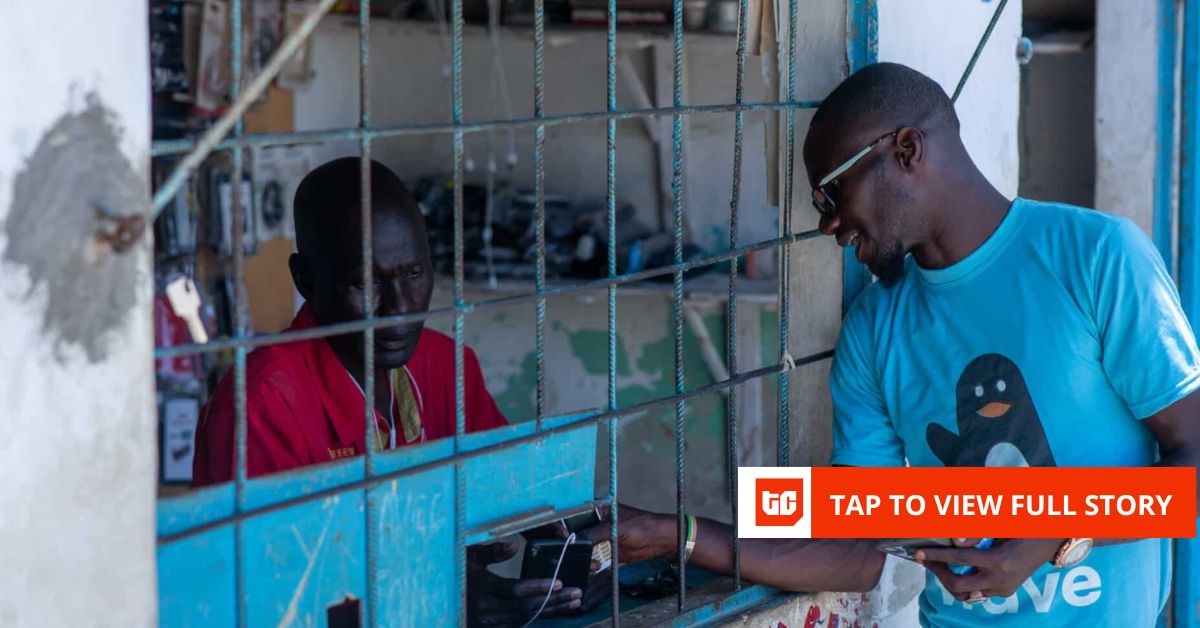Airtel Money is chipping away at M-PESA’s lead, but it’s still a long road ahead.
According to new data from Kenya’s Communications Authority, Safaricom’s M-PESA market share dropped from 97% in Q4 2023 to 90.8% in Q1 2025. The new data means the fintechhasnow lost market share for six straight quarters. (Airtel Money’s market share has grown from 2.9% to about 9.1% in the last two years.)
Why is M-PESA losing ground? Interoperability rules introduced in 2022 broke Safaricom’s long-standing hold on users, allowing cross-network transactions. Airtel seized the opening to attract new users with cheaper fees, airtime cashback offers, and agent partnerships with supermarket chains like Naivas. Airtel is still far behind, but its steady gains hint at a slow but steady closing of the gap.
Safaricom isn’t ignoring M-PESA’s slide. In March, the company announced it’s investing over $309 million annually to rebuild M-PESA into a more resilient platform. While framed as future-proofing efforts, the scale of the investment signals a strategic and urgent response to mounting pressures from a slide in their market share. Though the market share loss may still be manageable, the move shows Safaricom is not taking any chances.
To beat M-PESA, Airtel would need more than price cuts. It must build trust, expand rural agent access, and push for agent-level interoperability, which is still pending from the Central Bank of Kenya (CBK). That move would let any user transact from any agent, regardless of provider, and could be a game-changer.
Even so, overtaking M-PESA remains a long shot. The company serves over 34 million users and processes over 30 billion transactions a year, worth over $296 billion.
With Airtel’s steady push, CBK’s pending agent-level interoperability, and the rollout of CBK’s new instant payments system, the Fast Payment System (FPS), the race is heating up. M-PESA still leads, but it is not running unchallenged.










